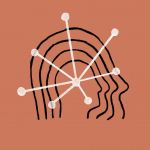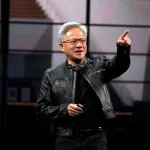12,000-year-old agriculture meets AI: Google introduces Heritable Agriculture

Google X, Google’s advanced technology development division, announced the spin-off of its new project Heritable Agriculture into an independent startup. The company aims to transform the millennia-old agricultural industry using artificial intelligence and machine learning.
According to research, modern agriculture is the largest consumer of groundwater and source of about 25% of anthropogenic greenhouse gas emissions. Additionally, the active use of pesticides, fertilizers, and other chemicals leads to soil erosion and water resource pollution.
“Plants are self-assembling solar-powered machines with a negative carbon footprint that only need sunlight and water to work,” states the company’s announcement published on Tuesday.
Heritable Agriculture founder and CEO Brad Zamft, who holds a Ph.D. in physics, previously worked at the Bill and Melinda Gates Foundation and served as chief scientific officer at TL Biolabs startup. “I was given broad authority to work on anything, provided the project could scale to the size of Google’s business. That was the mandate. The idea of optimizing plants captivated me and received management support,” Zamft told TechCrunch.
Heritable technology uses machine learning to analyze plant genomes to identify combinations that can improve crop production. “By understanding these genomes, we can develop crops with climate-friendly characteristics to increase yields, reduce water requirements, and enhance carbon storage capacity in roots and soil,” explains Zamft.
This ambitious project demonstrates the growing potential of artificial intelligence application in solving global human challenges. Using big data analysis and machine learning capabilities, Heritable Agriculture aims to modernize an industry that is 12,000 years old, turning accumulated data into practical recommendations for agricultural producers.





